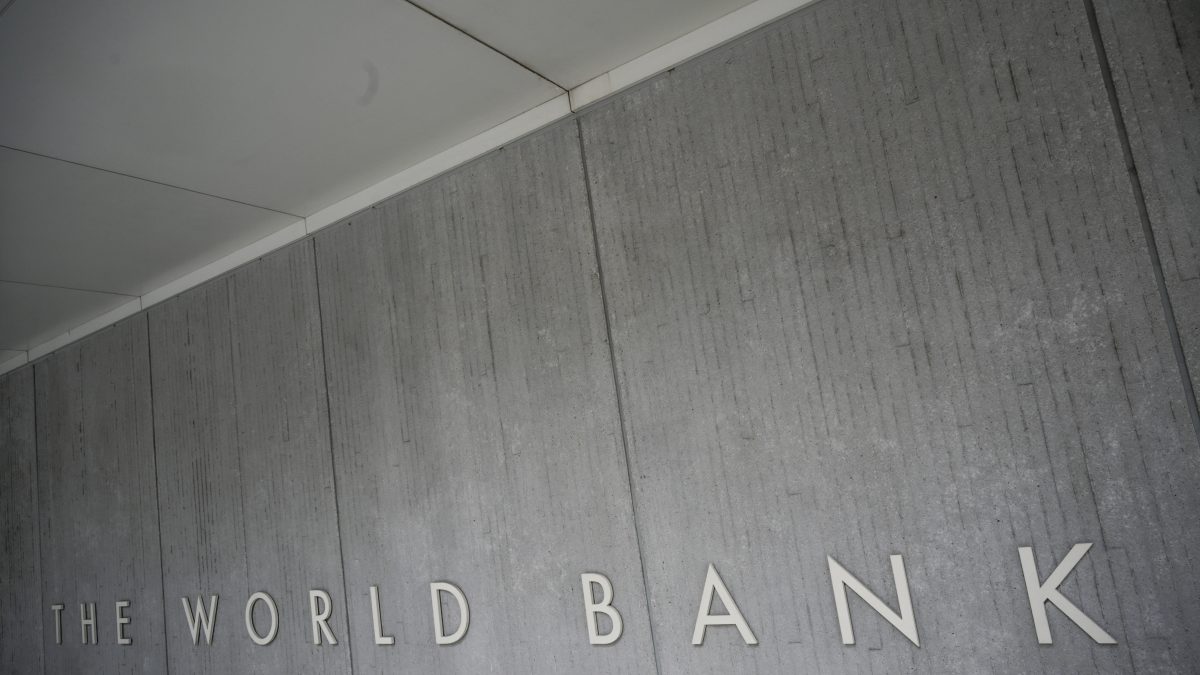Saudi Arabia and Qatar said on Sunday that they will settle Syria’s outstanding debt to the World Bank, paving the way for the international organisation to restart its assistance to the war-torn country.
According to a joint statement from the finance ministries of Saudi Arabia and Qatar, the World Bank and IMF decided to settle Syria’s approximately $15 million debt to the World Bank during this month’s meetings in Washington.
After a 14-year battle that claimed half a million lives and left the country in ruins, Syria’s Foreign Ministry thanked the two oil and gas-rich countries for repaying the debt, stating that it paves the way for launching cooperation towards recovery and rebuilding.
Saudi Arabia and Qatar have been major supporters of the country’s new leadership since the overthrow of Bashar Assad’s government in early December, when Islamist Hayat Tahrir al-Sham-led insurgent factions overran his seat of power in Damascus.
Rebuilding Syria will cost at least $250 billion, according to a 2017 UN assessment. According to some analysts, the figure may now be as high as $400 billion.
The joint Saudi-Qatari statement said the payment of Syria’s loans will facilitate the resumption of World Bank support and activities in Syria that have been stalled for more than 14 years. The statement added that the loan payment will allow Syria to take allotments from the World Bank in the near future for “vital sectors.” It did not elaborate.
Syria’s infrastructure suffered wide destruction during the conflict that broke out in March 2011. Last month, Qatar began supplying Syria with natural gas through Jordan to ease the long hours of electricity cuts that are common in much of the country.
Impact Shorts
More ShortsA main obstacle for development projects in Syria are Western sanctions that were imposed on the country more than a decade ago mainly targeting Assad’s government and officials.
The Trump administration has yet to formally recognize the new Syrian government led by president and HTS leader Ahmad al-Sharaa. HTS remains a U.S.-designated terrorist organization, and the sanctions imposed on Damascus under Assad remain in place.
However, Washington has eased some restrictions. The U.S. Treasury in January issued a general license, lasting six months, that authorizes certain transactions with the Syrian government, including some energy sales and incidental transactions.
The European Union, meanwhile, has begun to ease some energy and transport sanctions and banking restrictions against Syria, suspending measures targeting oil, gas and electricity as well as transport, including the aviation sector.
The British government said Thursday it was lifting sanctions against a dozen Syrian entities, including government departments and media outlets.
)